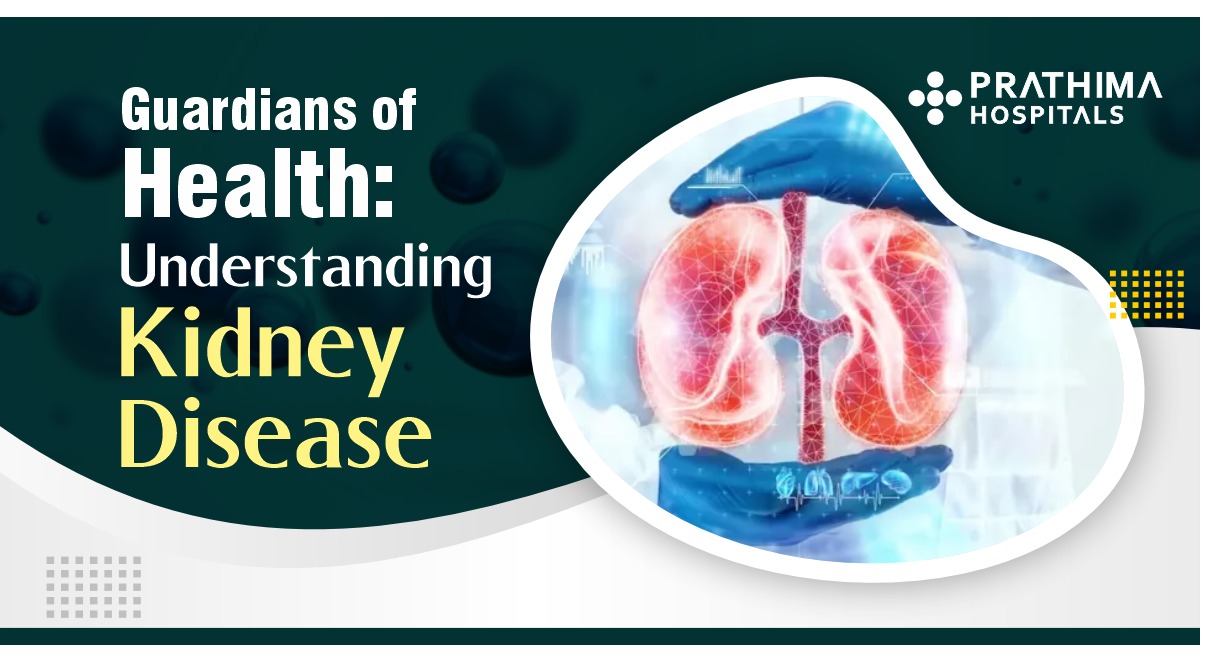BIRD FLU: Important Things You Should Know About

Bird flu is a bacterial infection that can affect birds, people and other species. Bird flu is also known as avian flu. The majority of forms of the virus are limited to birds.
Human influenza A(H5N1 bird flu) infections are transmitted via the bird-to-human, and sometimes from environment-to-human, but very rare, restricted, unsustained transmission of humans to humans. The primary path of infection to human beings is close contact with contaminated poultry or structures and objects polluted by their droplets.
Exposure to the infections particularly while butchering, slaughtering and poultry cooking for cuisine is known to be the greatest risk. Eggs are never to be eaten liquidly. There is no proof that well-cooked birds or poultry-products may be a cause. If cooked at a core temperature of 165F (73.9C), it is considered healthy.
The virus cannot travel quickly through a species boundary to harm people. The virus is actually not believed to transfer over people to people. It is mainly a disease of birds. Nevertheless, some scientists are afraid that it might be a pandemic threat for citizens.
Bird Flu Symptoms:
When you have usual flu-like signs you might have an H5N1 infection such as:
- Difficulty breathing
- Fever of 100.4°F or over 38°C Fever)
- Aches of the muscle
- Discomfort
- Diarrhoea
- Runny Nose
You should inform the medical staff before you head to the hospital or doctor if you are prone to bird flu. If you warn them in advance they will take measures for protecting the employees as well as other people.
What are the risk factors for bird influenza?
H5N1 is capable of lasting for longer periods. H5N1-infected birds often transmit the virus for a further 10 days through faeces and saliva. The infection can spread by contacting infected surfaces.
You could be more likely to get H5N1 if you are:
- A farmer of poultry
- A tourist to the areas affected
- Exposed to birds that are carrying the virus
- Somebody who eat chickens or eggs undercooked
- A health nurse who looks after infected patients
- An infected family member
What is the diagnosis of bird flu?
A procedure for avian influenza has been certified by the Centers for Disease Control and Prevention. The test is known as the virus influenza A/H5 (Asian Lineage) in just four hours, it will have tentative results. Nevertheless, the test is not widely available.
Further testing may be conducted to determine the heart, liver or kidney function.
Conclusion:
If you are having any bird flu symptoms, without any delay, visit the hospital and share your concern. Patients affected with bird flu requires intensive monitoring and treatment. Different types of bird flu can show unlike symptoms; hence treatments may vary. Regularly, bird flu can be reduced using antiviral medications such as Tamiflu (oseltamivir) or Relenza (zanamivir).
To prevent bird flu, CDC recommends avoiding exposure whenever possible to birds and their feces, and also it recommends not to touch any ill-appearing or dead birds. And properly handled and cooked poultry & eggs cannot spread the virus.





